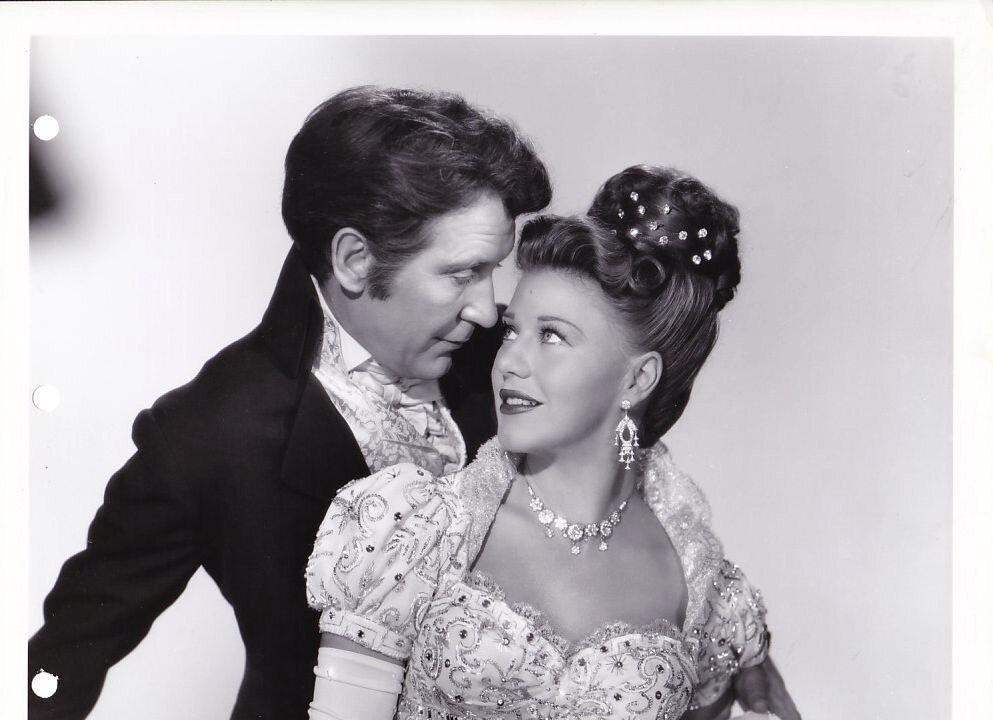Why are three movies made seven decades ago worth watching? History. American History—a lesson in a system that honors laws that treat all equally.
Although July 4 has passed, it’s always a good time to celebrate American history with inspiring classic films. Hollywood during its Golden Era made many movies about U.S. presidents, using their biographies as the groundwork for inspiring, patriotic stories.






